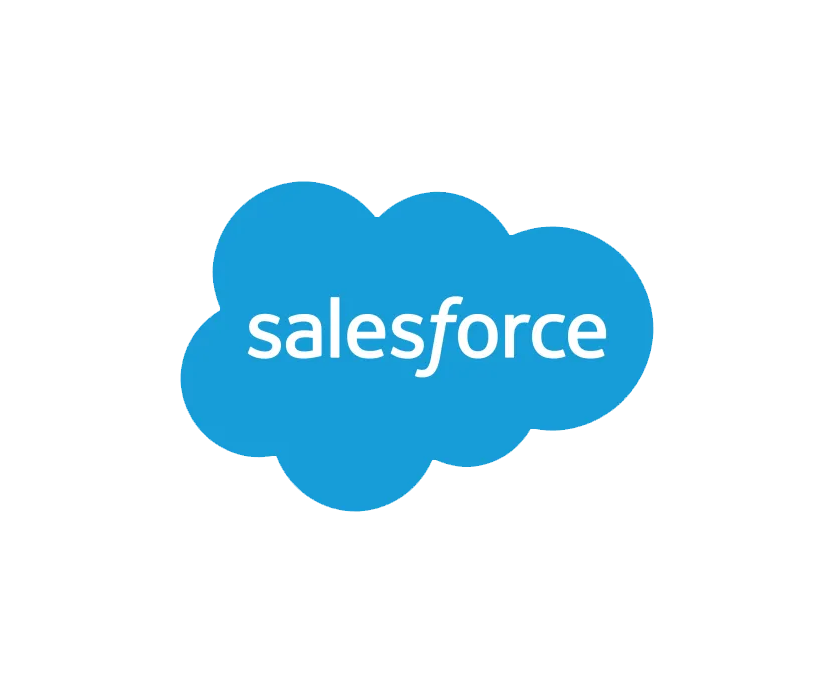Optimising recruitment with effective data management [Infographic]
The recruitment landscape is more competitive than ever — meaning driving productivity is key.
This involves ensuring candidate and client data is accurate and compliant to support seamless performance, better user adoption, enhanced customer experience and long-term returns on Salesforce investments. Plus, high-quality recruitment data is crucial to improving the accuracy of the insights and analytics that help executives make critical decisions.
The secret to achieving this? Data management.
Why is data management so important in recruitment?
Data degrades over time
During an implementation, there is often plenty of cleansing activity on data. However, over time, adoption wanes, bad practices set in, and processes that worked in theory begin to prove ineffective.
New technology
requires quality data
Increasing use of AI and business intelligence (BI) software means the proper use and structure of metadata and the quality of CRM data come under much higher scrutiny. Equally, introducing Salesforce updates or adding new functionalities can cause changes to the underlying data model, which can significantly impact how a new release lands with the operations.
Privacy and AI laws are becoming tougher and more widespread
New AI regulations on top of existing privacy frameworks and aggressive regulators mean recruitment businesses must be on their toes about managing their data lifecycles.
Key features of recruitment data management
Data quality dashboards
A data quality dashboard is a visual tool that can help you grasp your risk exposure in line with privacy laws and track and understand crucial data metrics that impact the experience of your users, clients and candidates.
Build data quality work into daily activities
- Drive credibility and trust in the system
Track and gamify progress whilst identifying risks
Data structure understanding
The legacy of how a system has been implemented — from account hierarchies to the different record types for clients and candidates — has many implications. Understanding your CRM data structure is about knowing the impact of these implications on your systems.
Understand how functionality or usage impacts data quality
Maintain and update data in line with revised processes
Define the data dictionary for use across the organisation
GDPR and data privacy regulations
Adhering to data privacy laws is crucial for recruiters — especially those embracing AI tools. Meeting this responsibility involves putting the correct data lifecycle practices in place and ensuring personal data is deleted or processed correctly at the right time.
Apply privacy policies at every recruitment stage
Define what constitutes ‘meaningful’ activity
Ensure there are no gaps in your privacy obligations (e.g. RTBF)
Data cleansing
Ongoing data cleansing helps maintain accurate data for seamless functionality and can enable new opportunities for automation. One crucial aspect of data cleansing is deploying the correct deduplication logic across accounts, clients and candidates.
Improve reporting accuracy
Save consultants’ time
Improve customer service
Want to maximise your Salesforce investment and unlock new business outcomes?
At Technicus, we have over 80 years of combined recruitment-specific experience across the team. We have worked with all types of recruitment and staffing businesses, from local blue-collar staffing agencies to global talent advisory firms — building up a selection of successful case studies that reflect our commitment to delivery and excellence for your data on the Salesforce platform.
Our team provides dedicated Data Health Check and Data Management Services. We have a proven track record of delivering the ongoing data improvements recruiters need to keep their Salesforce platforms in prime condition — aligned with business processes, privacy policies and operational objectives.

Contact our team at info@technicus.co.uk
to discuss your implementation project.
Recent news
5 Data Fundamentals to Think About Before Your Salesforce Transformation
A Salesforce transformation can drive growth, enhance customer engagement and streamline your sales and customer service processes. It often presents a fantastic opportunity to fix inefficiencies in sales processes, harmonise [...]
Getting Your Salesforce CPQ Data Migrations Right
The benefits of Salesforce CPQ (Configure, Price, Quote) are well documented — with sales and finance leaders across numerous industries using the software to give certainty to the quoting process, [...]
Why Data Quality is Crucial for AI and Automation on the Salesforce Platform
Data quality is the foundation of business success. As organisations increasingly adopt automation and artificial intelligence (AI) tools, particularly through Salesforce implementation, the accuracy and reliability of your data becomes [...]
